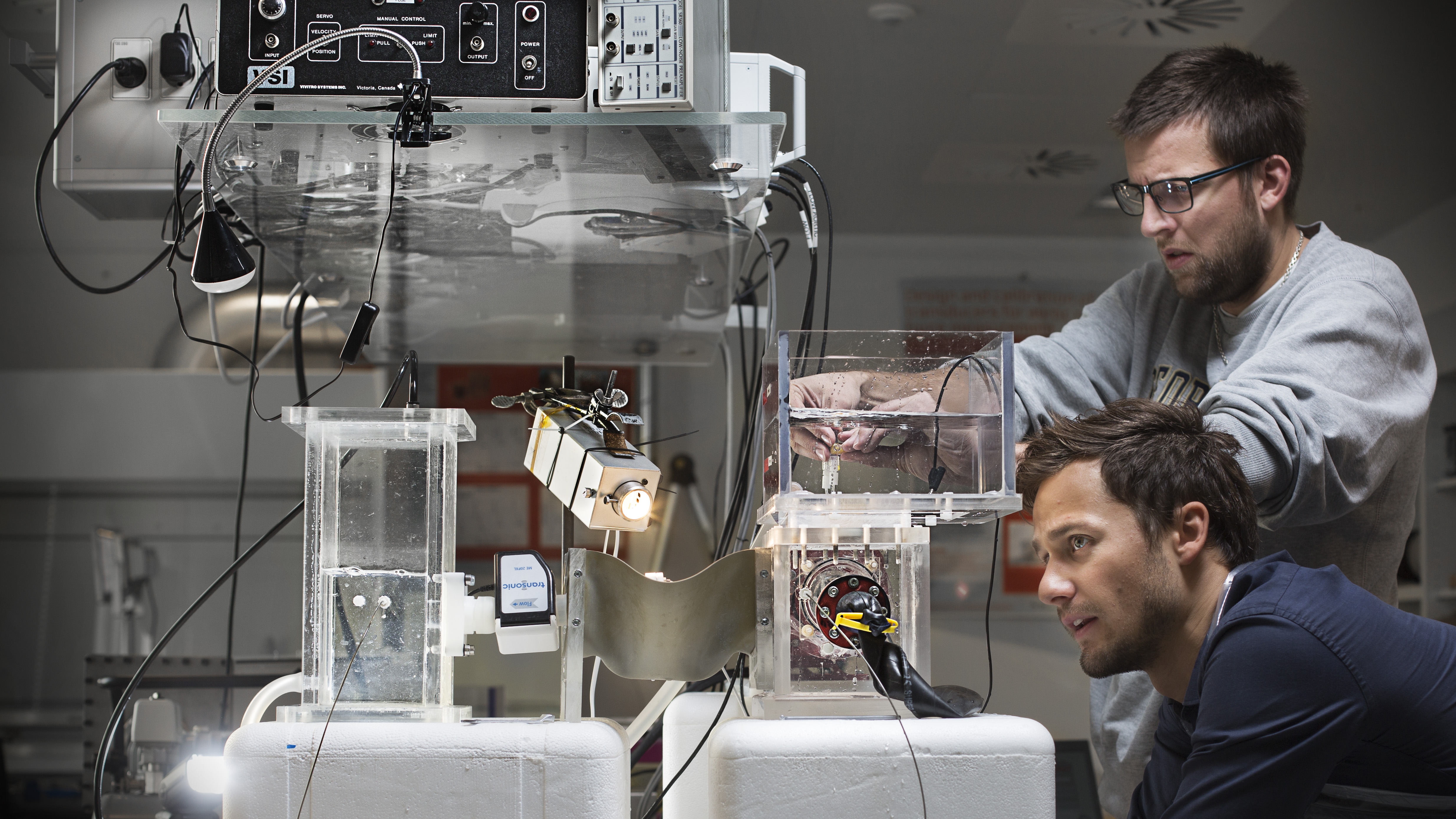Two new targeted specialist degree programmes will keep Denmark in the lead
The Department of Engineering at Aarhus University is launching two new Bachelor’s degree programmes this summer, providing a direct route for young people to complete an MSc in Engineering and make a significant difference in a field where Denmark is at the forefront of the world.

How do we solve the problems of reality in a sustainable way?
This is the pivotal point of the two new engineering degree programmes at Aarhus University – Biotechnology and Chemical Engineering. These are two key areas of development that the international community is seriously focusing on in order to develop areas such as cleantech solutions for the considerable environmental and climate-related challenges faced by humanity today.
The degree programmes will be offered by the Department of Engineering and they are three-year Bachelor’s degrees providing direct admission to the Master’s degree programmes. According to industry, there is a great need for the two new targeted degree programmes and the expertise they provide.
“We’re very dependent on highly qualified and committed biotechnology and chemical engineering employees. We’re therefore pleased that the degree programmes in these subject areas are being further upgraded in the region via the new initiatives at Aarhus University,” says Project Manager Ib Winckelmann, Research and Development Department at FMC, one of Denmark’s largest chemical production companies.
He singles out, for example, the company’s completely new research area – Biosolutions. This is concerned with sustainable agricultural research – an area that has attracted enormous global focus in recent years.
“Here we exploit the most modern microbiological methods available, and we’ll need biotechnology specialists in particular to transform laboratory research into products for agricultural use,” he adds.
He is backed up by Ole Sinkjær, who is head of department at Krüger, the more than a century-old international consulting engineering company. He says that industry has considerable need for the process understanding that comes with being a graduate engineer.
“We need process people who also have an innovative gene, and it’s typically these kinds of skills that graduate engineers acquire. The new degree programmes are very relevant because they provide engineers who are further specialised, and we can use them in our development areas,” says Ole Sinkjær, referring to the company’s new lighthouse project – Billund BioRefinery – which was officially opened on 8 June, and will lead the way for Danish cleantech.
“There’s a need here for detailed knowledge that can be met by exactly the expertise provided by the new degree programmes,” he continues.
The new degree programmes combine elements of mathematics, physics, chemistry, biology and molecular biology with engineering, and offer teaching at a high international level. They provide strong skills for working with research, development, innovation, consultancy and management in a considerable number of industries both in Denmark and abroad.
“Graduate engineers are in great demand in the business sector and are necessary to support societal growth needs, and these degree programmes are the direct route to a highly specialised career in science and engineering. We look forward to launching the degrees this summer and welcoming targeted and talented students with the right enthusiasm and drive required to complete an engineering degree,” says Head of Department Thomas Skjødeberg Toftegaard, Department of Engineering, Aarhus University.
The BSc programmes in Biotechnology and Chemical Engineering are basic technical science degrees that take three years to complete and make up the first part of the five-year MSc in Engineering degree programmes in Chemistry and Biotechnology.
More information about the degree programmes is available here and here.
For more information, please contact
Associate Professor Maibritt Hjort, Head of Studies for Chemical Engineering and Biotechnology
Senior Professor of Engineering and Section Manager Jens Kargaard Madsen
